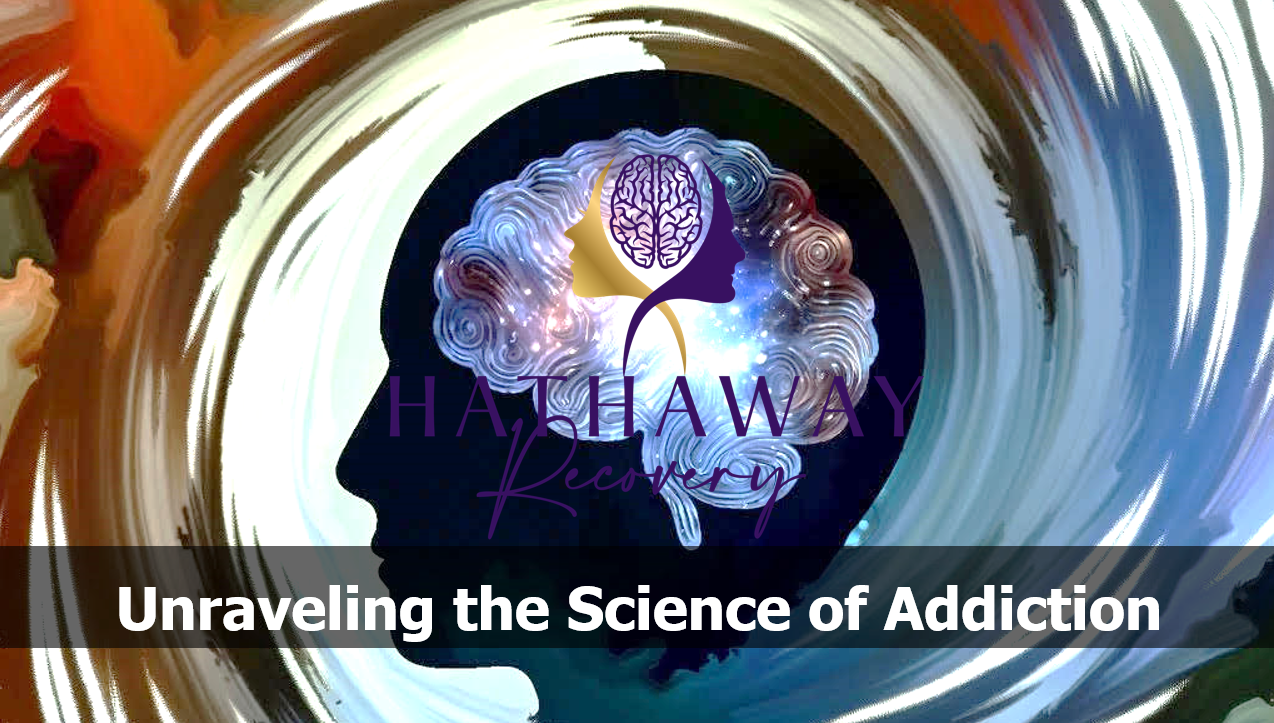
In the quest to understand the complexities of addiction, the interplay between drugs, the brain, and human behavior stands at the forefront of scientific inquiry. Addiction is not merely a matter of willpower or moral failing; it is rooted in profound changes to brain chemistry and circuitry that influence behavior. This article delves into the science of addiction, exploring how drugs affect the brain and lead to the compulsive behavior characteristic of addiction.
Understanding the Brain on Drugs
The brain is the control center for all human activity, from breathing and heartbeat to emotion and cognition. Drugs, whether prescription medications, legal substances like alcohol and nicotine, or illegal drugs, interact with the brain’s complex chemistry and can alter its normal functioning. Most drugs of abuse target the brain’s reward system by flooding it with dopamine—a neurotransmitter involved in movement, emotion, cognition, motivation, and feelings of pleasure. Normally, the brain releases dopamine in response to potential rewards. When drugs artificially increase dopamine levels, it leads to abnormal messages being sent through the network.
Addiction begins with the voluntary act of taking drugs, but over time, a person’s ability to choose not to do so becomes compromised. This transition from voluntary to compulsive use is the hallmark of addiction. As a person continues to use drugs, the brain adapts to the excessive dopamine by reducing its dopamine receptors or producing less dopamine. The result is a diminished response to the drug and, consequently, to natural rewards. This tolerance compels the person to take more of the drug to achieve the same dopamine high, trapping them in a vicious cycle of addiction.
The Behavioral Impact of Addiction
The impact of addiction extends beyond the chemical imbalances in the brain. It significantly affects an individual’s behavior, leading to a deterioration in personal relationships, performance at work or school, and engagement in social activities. The compulsive nature of drug use despite these harmful consequences is a clear indicator of how powerful the influence of addiction can be on behavior.
Is Addiction Treatable?
The unequivocal answer is yes. Addiction, much like other chronic illnesses, can be managed effectively through research-backed treatment strategies. These methods enable individuals to cease drug use and embark on a path known as recovery, reinstating their ability to lead productive lives. The foundation of these strategies lies in understanding addiction’s profound impact on brain function and behavior, and subsequently, devising ways to mitigate these effects.
Drawing parallels with chronic diseases such as heart disease or asthma, addiction treatment does not offer a cure but rather a mechanism to manage the condition. This perspective shifts the focus towards maintaining long-term control over the disorder, helping individuals to overcome the disruptive influence of addiction on their brain and behavior, and regain autonomy over their lives.
The Science of Recovery: Insights from Neuroscience
Neuroscientific research provides compelling evidence of the brain’s resilience. Studies, like those published in The Journal of Neuroscience and JAMA, illustrate the brain’s capacity to recuperate, to a certain degree, following prolonged drug abstinence. This underscores the potential for recovery, offering hope to those embroiled in the throes of addiction.
Understanding Relapse as Part of the Recovery Process
Relapse is not indicative of treatment failure but is a recognized aspect of the chronic nature of addiction. Similar to other chronic illnesses, relapse rates for substance use disorders are comparable to those for conditions like hypertension and asthma. This reality frames relapse as a signal for the need to revisit and possibly adjust the treatment plan rather than a setback.
Principles of Effective Treatment
Effective treatment for addiction encompasses a blend of medications and behavioral therapies tailored to the individual’s unique needs. This approach addresses not just the addiction itself but also the medical, psychological, and social repercussions of drug use. For opioid, alcohol, and nicotine addictions, specific medications play a pivotal role in treatment, facilitating withdrawal management and relapse prevention. Concurrently, behavioral therapies aim to modify attitudes and behaviors related to drug use, enhancing the ability to manage stress and triggers.
Advancements in treatment methodologies have introduced a variety of medications and devices aimed at different stages of the recovery process. These range from easing withdrawal symptoms to maintaining engagement in treatment and preventing relapse. Behavioral therapies, including cognitive-behavioral therapy and contingency management, complement these medications by fostering coping mechanisms and encouraging positive behavioral changes.
True recovery extends beyond stopping drug use. Effective treatment programs adopt a holistic approach, considering the wide-ranging impact of addiction on an individual’s life. By addressing the medical, mental, social, and occupational needs of patients, these programs support a multifaceted recovery process, underpinning the notion that treatment must cater to the whole person for lasting success.
The science of addiction treatment and recovery illuminates a path filled with challenges yet brimming with hope. By embracing a comprehensive treatment model that combines medication with behavioral therapy and addresses the entirety of an individual’s life affected by addiction, recovery becomes not just a possibility but a tangible reality for many. As our understanding of addiction deepens, so too does our capacity to offer more effective, empathetic, and holistic care to those seeking to reclaim.
A Fresh Start with Hathaway Recovery
Hathaway Recovery distinguishes itself in the realm of addiction rehabilitation by prioritizing individualized care. They understand that each person’s experience with addiction is distinct, leading them to develop tailored treatment plans that cater to the unique needs and situations of their clients. Their method combines evidence-based practices, including behavioral and experiential therapies, aiming to address not only the addiction itself but also the underlying personal challenges that contribute to the addictive behaviors. The ambiance at Hathaway Recovery is meticulously designed to promote healing and progress. Their facilities provide a peaceful and comfortable atmosphere, crucial for the challenging path to conquering addiction. This commitment to ensuring privacy and comfort underlines their recognition of the importance of a secure and encouraging environment throughout the recovery journey.






